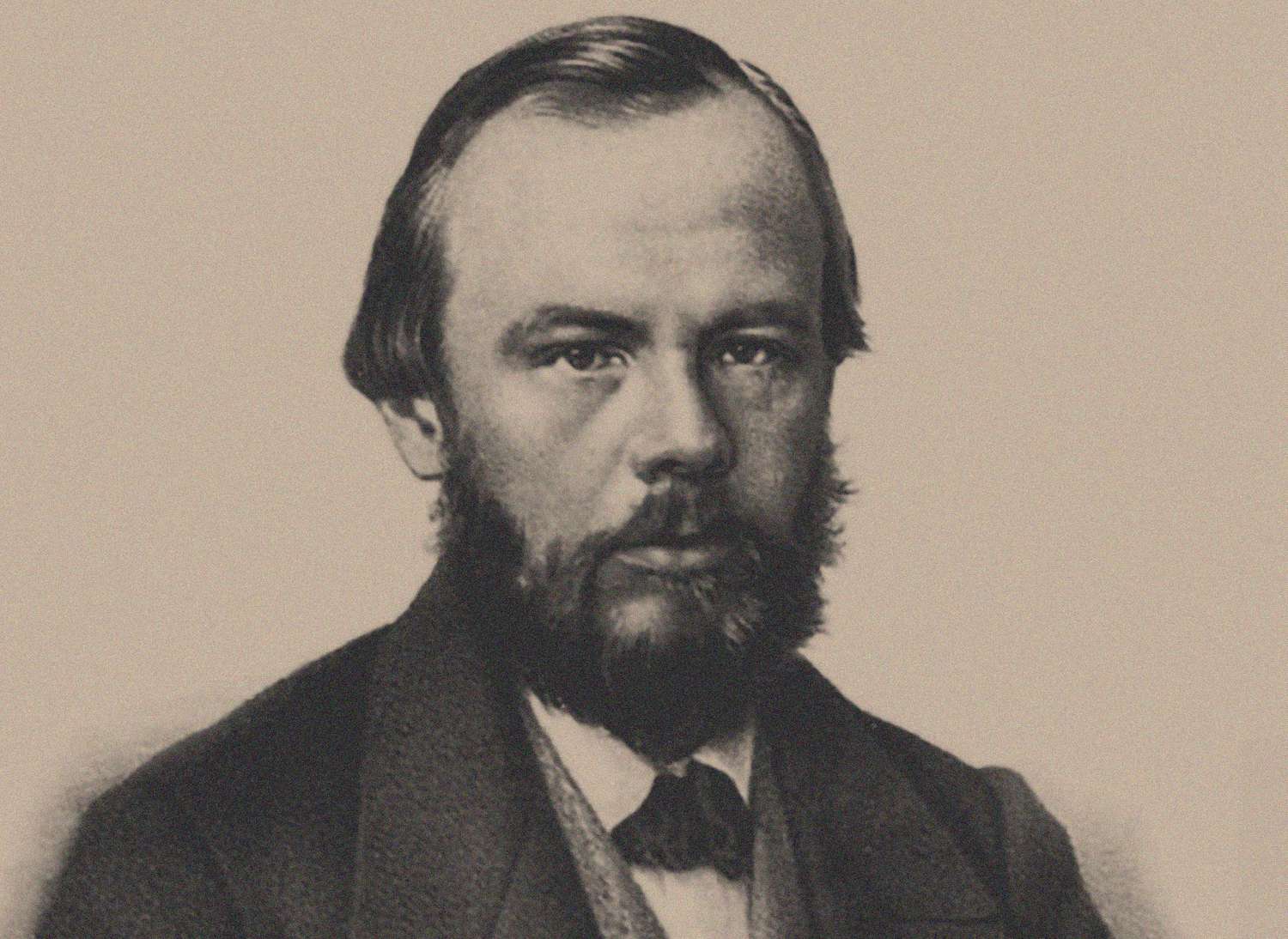
The Human Condition in the Works of Fyodor Dostoevsky
mikephilipsforcongress.com – Fyodor Dostoevsky, one of Russia’s most influential writers, is celebrated for his profound exploration of the human condition. His novels delve into the complexities of human nature, morality, and existential struggle, offering deep insights into the psychological and philosophical aspects of life. Dostoevsky’s work remains timeless, resonating with readers across generations as it examines the fundamental questions of existence and the moral dilemmas faced by individuals.
Dostoevsky’s Exploration of Human Psychology
Dostoevsky’s interest in the intricacies of the human mind is evident throughout his works. His characters often grapple with inner turmoil, moral ambiguity, and the search for meaning in a chaotic world. Dostoevsky’s own experiences, including his time in a Siberian prison camp and his struggles with poverty and illness, informed his understanding of human suffering and redemption.
Major Themes in Dostoevsky’s Novels
“Crime and Punishment”
“Crime and Punishment” is perhaps Dostoevsky’s most famous exploration of guilt, redemption, and the moral implications of one’s actions. The novel follows Raskolnikov, a destitute former student who commits murder in an attempt to prove a philosophical theory. Through Raskolnikov’s psychological descent and eventual redemption, Dostoevsky examines the nature of conscience, the struggle between good and evil, and the possibility of salvation.
“The Brothers Karamazov”
In “The Brothers Karamazov,” Dostoevsky tackles the themes of faith, free will, and the existence of God. The novel’s exploration of philosophical and theological questions is embodied in the diverse perspectives of the Karamazov brothers. Through their interactions and moral dilemmas, Dostoevsky delves into the complexities of human belief and the eternal conflict between doubt and faith.
“Notes from Underground”
“Notes from Underground” presents a deeply introspective and philosophical examination of individualism and alienation. The protagonist, often referred to as the Underground Man, embodies the conflict between rational thought and emotional experience. Dostoevsky uses this character to critique the limitations of rationalism and to explore the darker aspects of human nature, such as isolation and self-destruction.
Dostoevsky’s Impact on Literature and Philosophy
Dostoevsky’s exploration of the human condition has had a profound impact on both literature and philosophy. His works have influenced existentialist thinkers such as Friedrich Nietzsche and Jean-Paul Sartre, who found inspiration in his exploration of free will and the complexities of human existence. Dostoevsky’s narrative techniques and psychological depth have also left a lasting mark on modern literature, inspiring countless writers to explore similar themes.
Conclusion
Fyodor Dostoevsky’s exploration of the human condition offers a timeless and profound examination of life’s most challenging questions. Through his complex characters and intricate plots, Dostoevsky delves into the depths of human psychology, morality, and existential struggle. His works continue to captivate readers and provoke thought, solidifying his legacy as one of the greatest literary minds in history.


